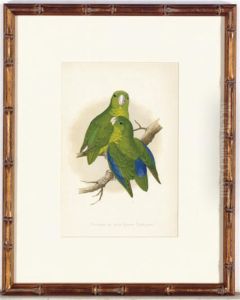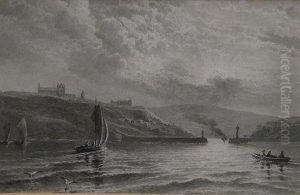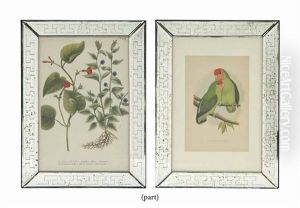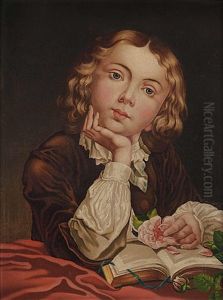Alexander Francis Lydon Paintings
Alexander Francis Lydon was a renowned British artist and engraver, born in 1836 and passing away in 1917. He was best known for his work in natural history illustration, particularly in the area of botanical and animal subjects. Lydon's contributions to Victorian illustration were significant, reflecting the era's keen interest in the natural world and the expansion of scientific knowledge. His meticulous and detailed engravings helped disseminate this knowledge to a broader audience, making him an important figure in the popularization of natural history in the 19th century. Lydon's work often involved collaborations with leading scientists and naturalists of his time, contributing illustrations to various important publications. One of his most notable collaborations was with the renowned ornithologist Francis Orpen Morris, for whom Lydon produced numerous bird illustrations. These were featured in Morris's series of books, including 'A History of British Birds' and 'A Natural History of the Nests and Eggs of British Birds'. Lydon's illustrations were celebrated for their accuracy and beauty, combining scientific detail with artistic flair. Besides his work in natural history, Lydon was involved in illustrating topographical subjects and landscapes, contributing to books that celebrated the picturesque and historical aspects of the British countryside. His technique, which often involved the use of woodblocks and later chromolithography, allowed for the mass production of his illustrations, making them accessible to a wide audience. Lydon's legacy is not only in the beauty and precision of his illustrations but also in his role in the Victorian era's movement to bring the natural world closer to the general public. His work remains a valuable resource for historians and biologists, reflecting the intersection of art, science, and society during a period of rapid change and discovery.
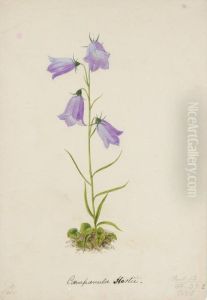
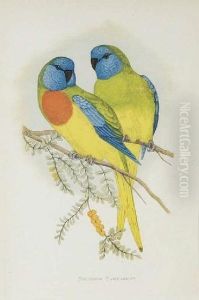
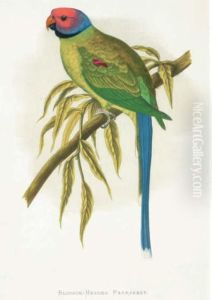
![[parakeets]: Six Plates](https://www.niceartgallery.com/imgs/781755/s/alexander-francis-lydon-parakeets-six-plates-e2eb242b.jpg)
